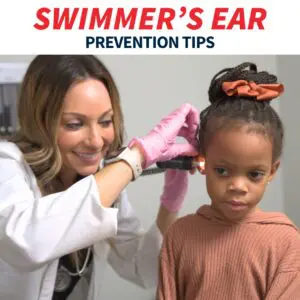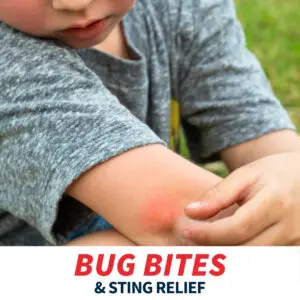Health Effects of Contaminated Tap Water
Access to quality, safe drinking water is vital for maintaining good health. Though the U.S. boasts some of the safest tap water in the world, occasional issues such as lead contamination, aging infrastructure and other chemical pollutants can make tap water less safe to drink.
Drinking contaminated tap water can have potentially severe impacts on human health. Pathogens such as Salmonella and E. coli can cause gastrointestinal illnesses while long-term exposure to heavy metals such as lead, can potentially cause neurological damage, particularly in young children, affecting their behavior and cognitive development. Chemical contaminants like pesticides and industrial solvents have been linked to chronic conditions such as liver damage, cancer and kidney damage. Ensuring the safety and quality of your tap water is crucial for preventing these adverse health outcomes.
Tips to Improve Your Tap Water Quality
- Test Your Water: The first step is to find out how clean the water is currently. You can request a Consumer Confidence Report from your water utility provider, which contains detailed information on the source of your tap water, as well as any known contaminants. It is also recommended to use a home water testing kit to check your tap water for specific contaminants, including:
– Lead
– Chlorine
– Bacteria
– Viruses
– Pesticides
– Heavy metals
– Industrial solvents - Invest In Water Filtration: Choosing the right water filter depends on the quality of your tap water and your home’s specific needs. Common water filter options include:
– Activated carbon filters: These water filters remove sediments, chlorine and volatile organic compounds. While this type of filter can improve the taste and odor of your tap water, it may not remove all contaminants entirely.
– Reverse osmosis systems: This type of filtration system can remove a wide range of contaminants including lead, nitrates and fluoride. Reverse osmosis systems can be installed under the sink or as a whole-house system.
– Ultraviolet filters: This type of filter can kill bacteria and viruses, but it will not remove chemical contaminants.
– Distillation units: A distillation unit heats water to create steam, then condenses it back to liquid, removing most common water contaminants. While this system is effective, it is slow and consumes lots of energy, which could raise utility bills.
Regular maintenance of your water filtration system is essential. Make sure to replace filters according to the manufacturer’s guidelines, as neglecting water filtration maintenance can lead to potential contamination. - Use Faucet Filters and Water Filter Pitchers: Faucet-mounted filters are an easy-to-install and cost-effective option for immediate filtration at the tap. They are especially convenient for daily use, particularly in kitchens.
Water filter pitchers, like the Brita and PUR brand filter pitchers, add an additional layer of filtration while being portable and simple to use. Filter pitchers are perfect for those who want an extra level of safety without installing a permanent water filtration system. - Consider Upgrading Your Home Plumbing: Homes with older plumbing systems may have lead pipes or fixtures. Replacing these with modern, lead-free alternatives can significantly reduce contamination risks. This might be a costly upfront investment but is essential for long-term health benefits.
In areas with hard water, consider installing a water softener. Hard water isn’t harmful, but it can cause scale buildup in pipes and appliances, potentially harboring bacteria. - Boil Water in Emergencies: Boiling tap water is an effective short-term solution in cases of known water contamination. Boil water for at least one minute to kill viruses, bacteria and parasites. Boiling does not remove heavy metals or chemical contaminants from your tap water.
- Be Proactive: Stay informed about the quality of your local water supply by subscribing to alerts from your water utility provider. By understanding your local tap water quality, investing in an effective filtration system and staying informed, you can significantly reduce the risk of contamination and ensure safer, cleaner drinking water for your entire household.
What should you do if you’re sick from drinking contaminated water?
If you or a loved one are experiencing symptoms of gastrointestinal illness such as nausea, diarrhea or vomiting, visit one of Midwest Express Clinic’s 40+ locations for prompt and comprehensive medical care. We are open every day and welcome walk-ins. Find urgent care near you at midwestexpressclinic.com/locations.




